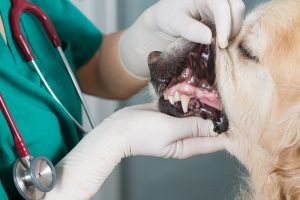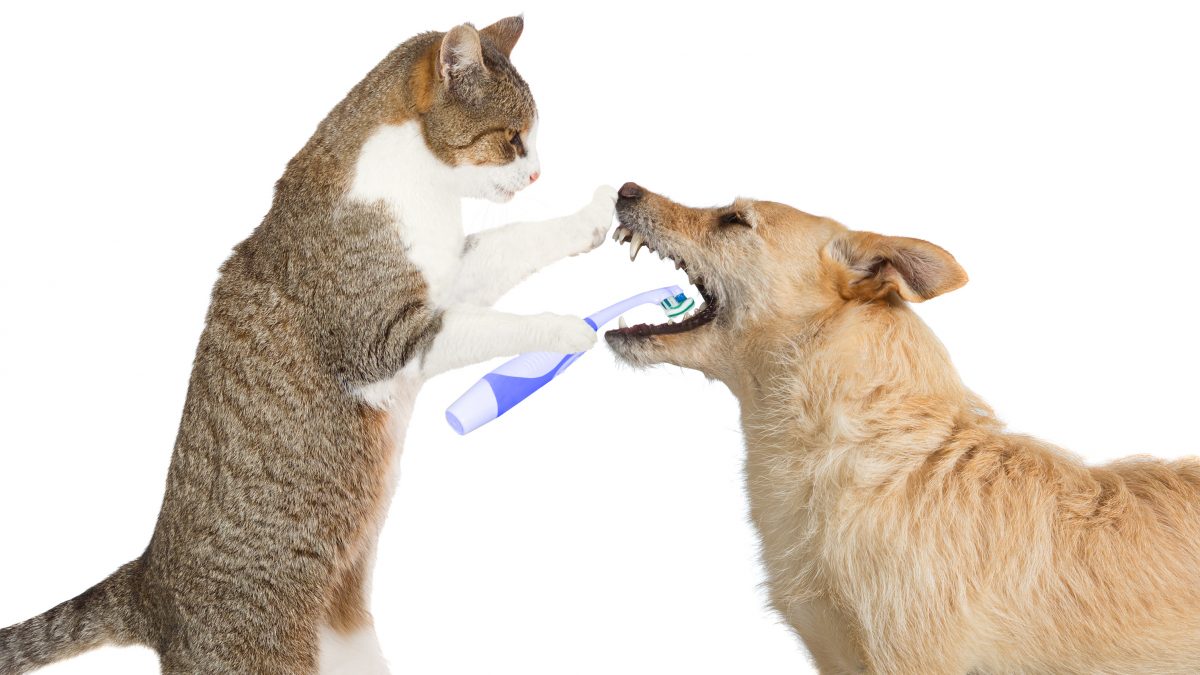
Books of self-discovery
August 27, 2020
David Grey – Osteopath
August 27, 2020By Crossroads Veterinary Centre
As humans we can’t imagine never brushing our teeth, as we know our teeth would rot and eventually fall out.
Well, the same rule applies to our cats and dogs. The best way of preventing dental disease is by daily brushing, and prevention is far better than cure.
It is not uncommon to hear people say things such as;-
‘But he/she’s still eating so they can’t be in that much pain’
‘My dog has dog breath but it is normal for dogs to have stinky breath’
Nope! Both statements are untrue.
Pets will continue to eat, and eat well, even when they have severe dental disease. It is a natural survival instinct in animals. Animals are also amazing at coping and hiding signs of illness, so just because they are eating doesn’t mean that their mouth isn’t sore or that their teeth are ok.
Halitosis is one of the most obvious symptoms of dental disease and might mean there is severe infection/decay within the mouth.
What dental problems should you look out for?
- Plaque- sticky film of bacteria that forms on the teeth after eating
- Tartar – Over time plaque hardens into yellow/brown tartar or calculus, which is firmly attached to the tooth.
- Gingivitis – Redness/inflammation along the gum line
- Bleeding from the gums
- Broken or loose teeth
- Bad Breath
What other problems can dental disease cause?
Severe dental disease causes bacteria to be released into the bloodstream which can have serious effects on the major organs such as the heart, liver and kidneys. Looking after your pet’s teeth means you’re looking after your pet’s health.
How is dental disease treated?
In the early stages of dental disease, home care such as regular brushing or enzymatic gels on the gums may be enough to reverse the signs. However, once there is tartar build up, a professional scale and polish will be needed under anaesthetic, to remove the calculus and allow the vet to assess the entire mouth with a dental probe to check what is going on beneath the gum line. As so much of the damage is often below the gum line your vet may also need to take dental x-rays.
Unsure if your pet has dental problems?

Veterinary performing a dental inspection to a Golden Retriever in clinical
Many veterinary practices offer free of charge dental checks, so why not make an appointment and let your vet check your pet’s teeth, and discuss the best dental treatment options with you.
Treating dental problems early will save you money in the long run and help your pet live a healthier life!




